Look at us here on our beautiful islands in the South Pacific at the start of 2023, we have come so far.
Ten days ago we saw a Māori Governor General swearing in our new PM and our first Pasifika Deputy PM, ahead of this year’s parliament where they will be overseen by a Māori Speaker of the House. Our vibrant and diverse country is making such good progress - why would anyone want to go back to the politics of division and playing one race off against another?
We’ve had the Rātana speeches and ceremony, the leader of the opposition Christopher Luxon taking the opportunity at that event to lay out his position on co-governance. Now we have the celebration of Waitangi, which always generates discussion.
Many people will have their own thoughts on what co-governance is, here is one definition:
Essentially, it's the Treaty of Waitangi partners, the Crown and Māori, having equal seats around the decision-making table.
The clue to its meaning is in its very name – “governance”. It's not about handing over ownership, it's about partnership in management.
We had a discussion thread here on Nick’s Kōrero recently asking what co-governance meant to people. Here is one person’s view, there will be a few more later:
It seems to me that co-governance is shared conversations and decision-making between the two Ti Tiriti partners, with the best interests of the people and taonga of Aotearoa New Zealand in mind. It has been going on for decades and has only become an issue recently because of the growing racism being stirred up by ACT and National in order to solidify their far-right votes.
At Rātana Mr Luxon described the debate on co-governance as “divisive and immature”, although to be fair there was a good possibility he’d accidentally picked up his notes for Simeon Brown’s annual review. It certainly didn’t sound like a speech by someone wanting to lead all of New Zealand.
So what does this co-governance thing mean anyway? Does it mean Māori get half of everything, even though they’re not half the population? No. Does it mean that Māori get more power than others at the ballot box, that their vote is worth more? No.
So when Christopher Luxon goes on TV and says we believe in “one person, one vote” he is simply describing what everyone wants and no one is looking to change. He may as well say we believe in “sunny days and ice creams”. Cool Chris, mine’s a Hokey Pokey.
But Mr Luxon knows what he is doing, and he certainly isn’t the first National leader to do it. If we look from Don Brash and his Orewa speech, back to the scare tactics over Pacific Islanders in the 1970s, National have a history of playing the race card.
It is not always the case. Doug Graham and Chris Finlayson were both decent National MPs who constructively participated in a mature conversation on Treaty issues.
Co-governance in the words of another reader:
Surely it means cooperation between different bodies. This brings together skills and expertise from more than one group to work collectively and effectively on a common solution.
What if instead of co-governance we called it cooperation? That sounds good doesn’t it? Cooperation, working together. A good thing for the people of a nation surely? But there is also another way that you can think about it.
Which is honouring the Treaty. The legal agreement between those who were here first and others who came later to share this beautiful land. Bit more contentious now isn’t it, once we start talking about the ‘T’ word. Some people don’t like that word they don’t want to hear it - just like the ‘A’ word - but more on that in a bit.
The election later this year will in essence be a referendum on whether Kiwis are still open to racist rhetoric, or understand co-governance well enough to see through the argument Luxon is enflaming, that such adherence to the treaty is akin to apartheid.
It is not only National, ACT have the following policies in response to co-governance:
Clearly define the “principles of the Treaty of Waitangi,” a term increasingly creatively interpreted to justify co-government, by passing a Treaty Principles Act through Parliament and putting it to referendum for confirmation by the people.
Reverse race-based policies, such as three waters legislation, a Māori Health authority, and Resource Management law that requires consultation based on race.
David Seymour thinks we should have a referendum on the treaty. Which apart from anything else is an unusual position for a party who are very focussed on things like property rights. That would be an interesting precedent. I wonder which other contracts and agreements we could just abandon with a referendum if half the voters don’t like them?
From another reader:
I believe co-governance means that we ensure the voices of our tangata whenua and their representation in the future direction of Aotearoa are always included in any actions that affect the collective well being of people or place. This representation must be by right as a minority population will never achieve true representation in a one vote system.
Also as the indigenous people of this mainly stolen country Māori must always be at the forefront of decision making as they strive to turn all those troubling statistics to better their collective welfare. By any reckoning this would benefit us all and would unlock a lot of un-realised potential.
Who’s afraid of co-governance? Not me, probably if you’re reading this not you either. But there are people who are, and many of them probably aren’t even all that racist.
They might be a bit more susceptible to it, more open to suggestion than others in the population, but it takes someone to come along and whisper things in their ear “Māori are going to own the water, they’re going to have more rights than you, their vote will be worth more than yours…” before they line up in opposition to it.
They don’t believe that they’re racist. They work with all sorts of people, they’ll have a beer and a laugh with anyone - we’re all the same. But they don’t like this idea that some people should get special things that others (they) don’t get.
Co-governance is all around us. Every Board comprises people representing different interests, shareholders, management, hopefully workers. Māori only own and manage a tiny fraction of the resources they had when the Treaty was signed. Treaty settlements are only tokens when compared to the value of what has been lost. Co-governance is a step in the right direction.
Much of the concern with co-governance has come about as a result of Three Waters. Do people really believe tangata whenua have some master plan to take over the water system? Do they really think Māori want those shitty pipes in the ground?
Excuse my language but that is what we’re talking about - old pipes in the ground and other “assets” that have been poorly maintained and under invested in for decades. Those don’t sound like “assets” they sound like “liabilities” to me.
If you’d like to read more about Three Waters I wrote a satirical piece on it here, one of my favourites from last year:
If you would like a more serious “Explainer” on Three Waters you could read this excellent collaboration between Emily Writes and Simon Wilson:
So about that dreaded ‘A’ word, the kryptonite to racists - Aotearoa. Watch carefully which politicians say “New Zealand” repeatedly in their speeches, seemingly to emphasise the fact that will not under any circumstances say the ‘A’ word.
They’ve even started using the New Zealand flag heavily in their advertising. It risks becoming a symbol of division like the St George flag has in England.
Former PM John Key has spoken of the failure of the flag referendum being his greatest regret. It would be a shame if the party that were so keen to get rid of our flag now wrapped themselves in it as a symbol of division and denying the rights of Māori.
This Waitangi day there will be ugly, hurtful words spoken about co-governance. It will be disheartening that there is an audience for them, and people willing to say them. But there will be many of us grateful for this partnership of two peoples in our beautiful Aotearoa.
Don Brash failed to sell his toxic vision of New Zealand, and Seymour and Luxon will too. We've come too far and this isn't about right or left, there are people across the board who have moved beyond this.
Don’t despair at those negative messages, in the words of our much loved Uncle Bob, who would have been 78 on his birthday this Waitangi Day, every little thing is going to be alright…





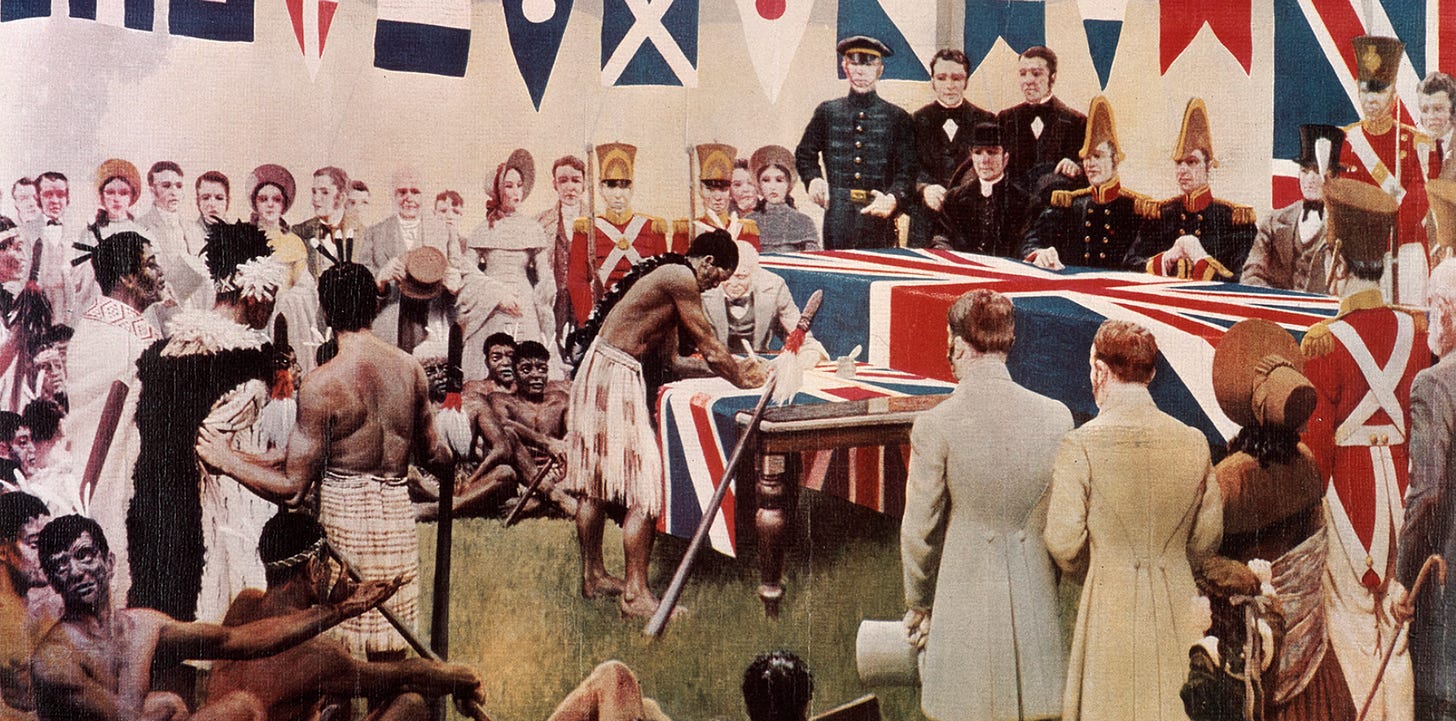
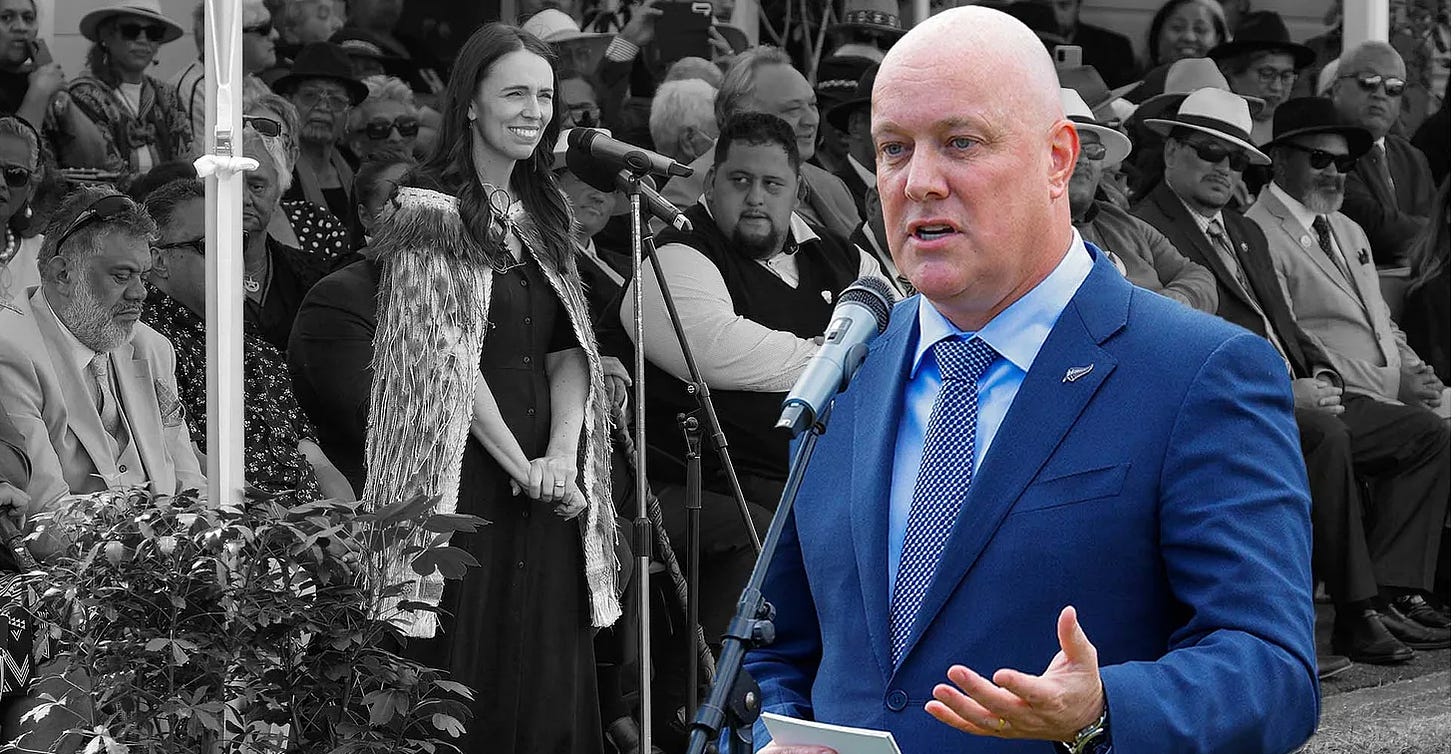
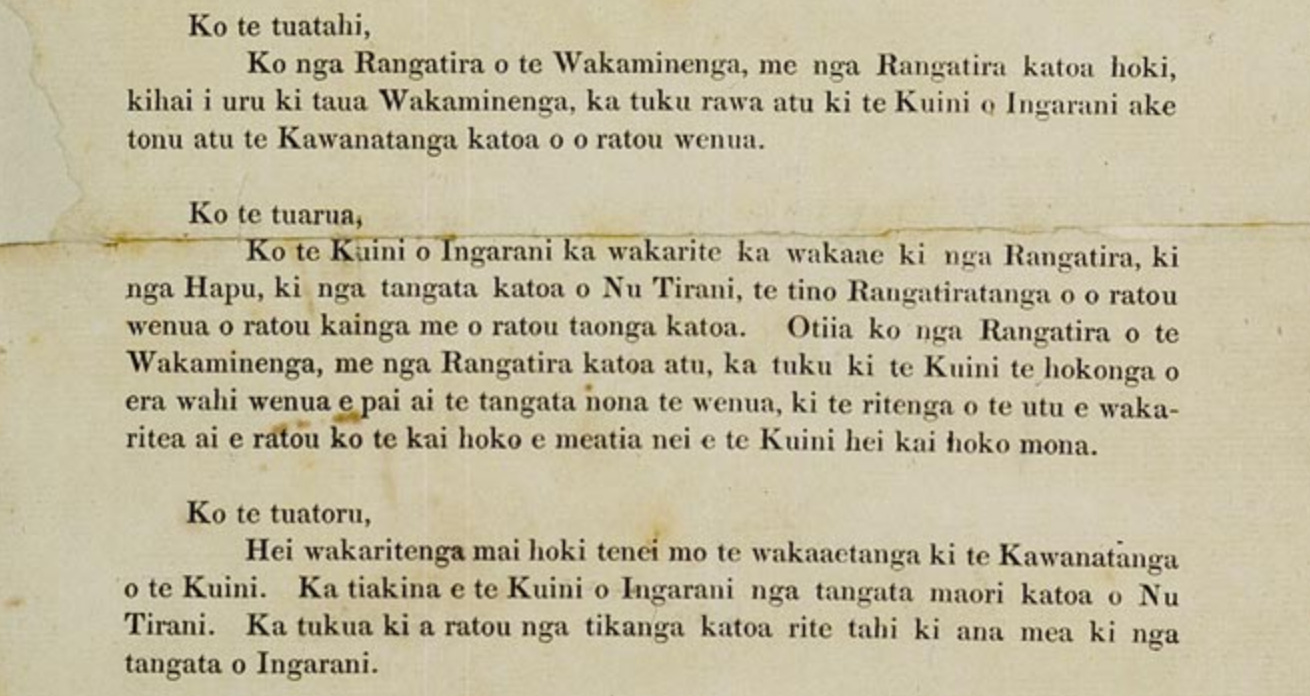
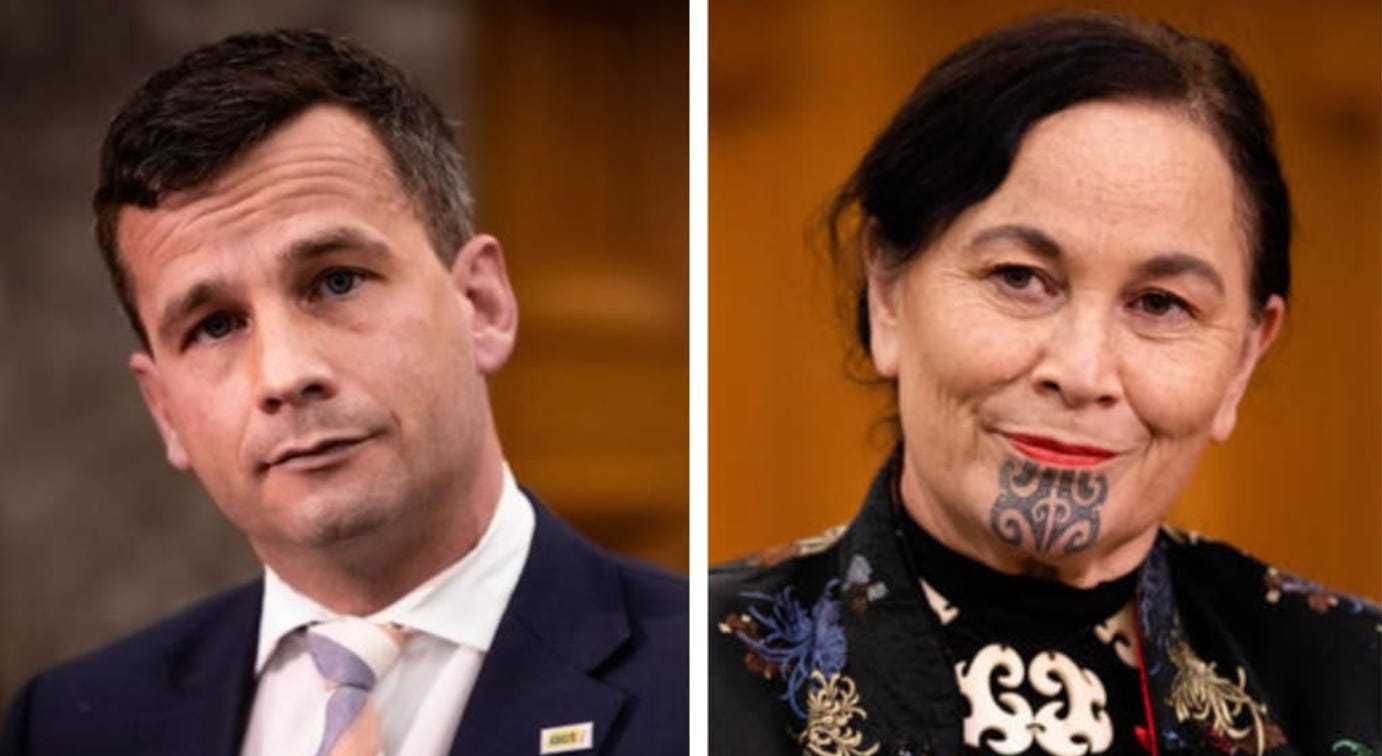



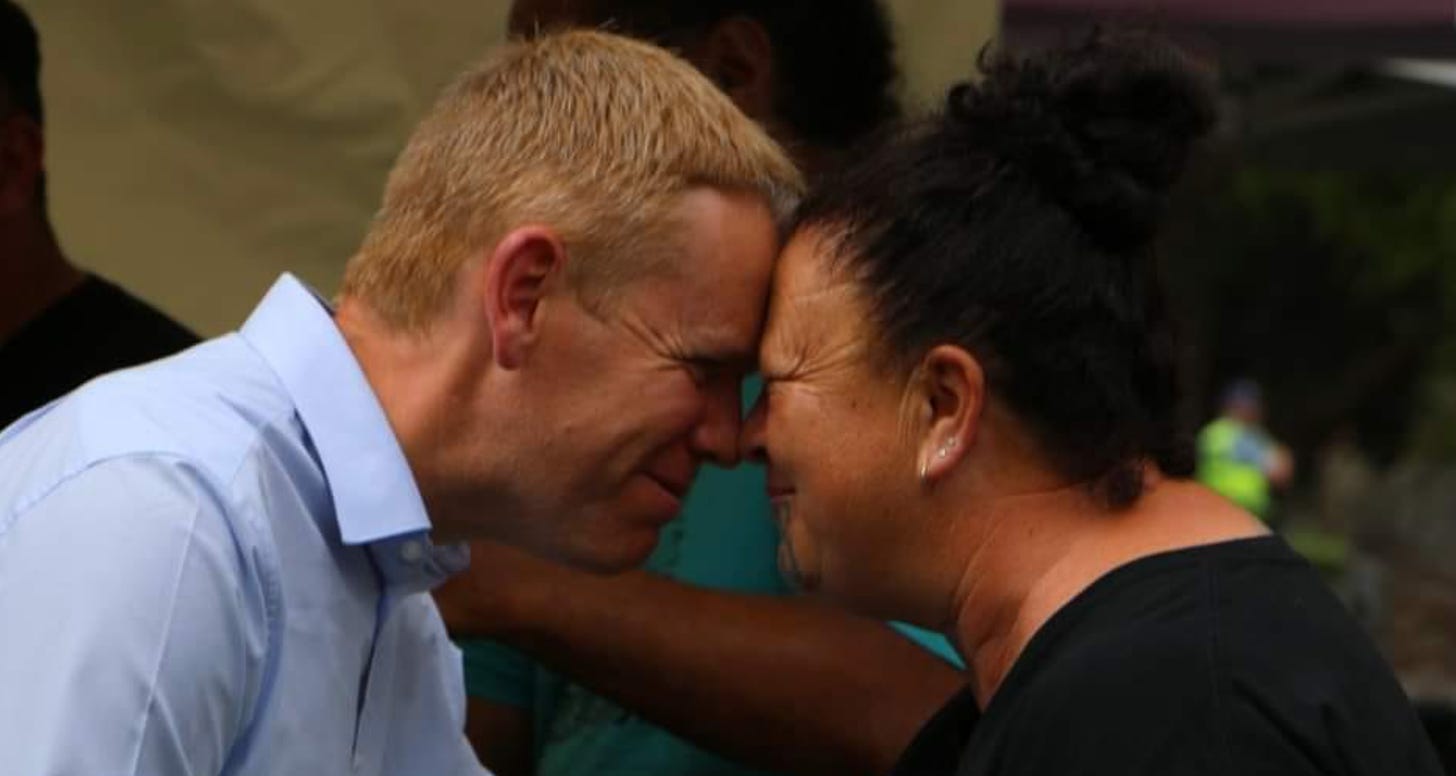
Very helpful. Not your fault of course (or that of Emily or many others) but I'm starting to see in hindsight we should have been having these conversations a couple of years ago. Maybe then we could have taken on the cranky uncles. But it feels now that hearts have been hardened and the only thing a too large fraction of our population knows about Three Waters and Co-governance is that they Don't Like It.
This is so needed and helpful. Thank you for making it shareable. Needs to be shared far and wide.